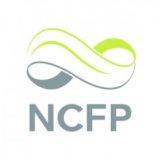Family Philanthropy Transitions: Possibilities, Problems and Potential
Posted on February 5, 2015 by Virginia M. Esposito

Even if your family foundation or fund is very new, chances are you have already experienced at least one transition in the lifecycle of your giving program. What have been the keep turning points in the life of your fund from the founders' initial concept to the present? Which transitions can you see in the years ahead? … Read More










